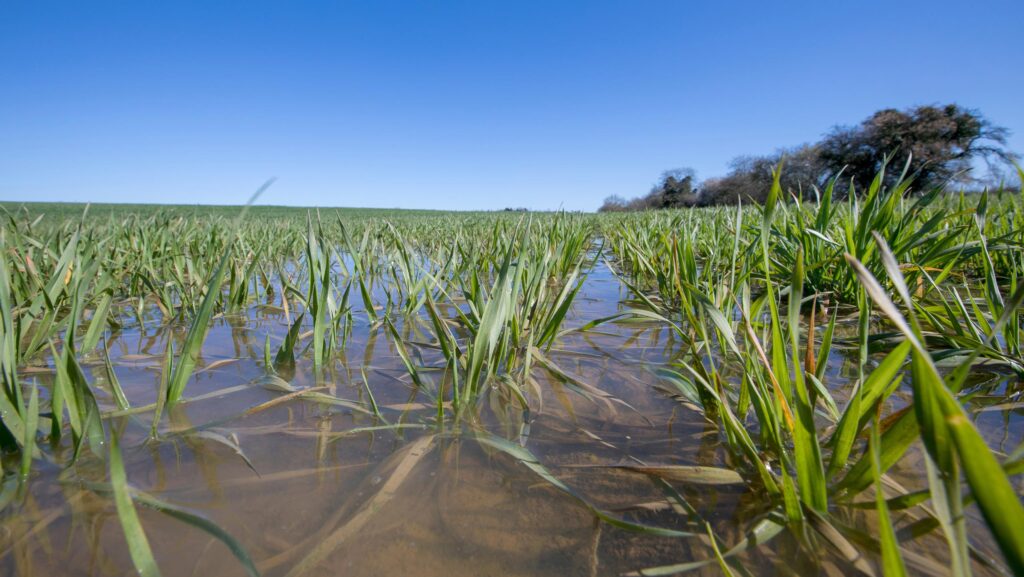Defra offers flexibility on ‘green scheme’ requirements
 © Gary Naylor Photography
© Gary Naylor Photography Farmers in England who are signed up to various agri-environment schemes are being offered temporary derogations from the normal compliance rules where wet weather and flooding has stopped them from meeting the schemes’ requirements.
The greater flexibility was announced by Defra secretary Stephen Barclay at this week’s “Farm to Fork” summit at 10 Downing Street, among a number of measures designed to help farmers recover from the second wettest six months on record.
See also: Sunak to unveil raft of new measures to back British farmers
“Essentially, if bad weather has caused disruptions to your farming activities or affected your ability to meet the mandatory requirements set out in your agreements, the adjustments allow more time to establish or defer some activity to later in the year,” said a Defra statement.
The affected schemes include Countryside Stewardship (CS), Environmental Stewardship (ES), and the Sustainable Farming Incentive (SFI) and SFI pilot agreements that are already live.
A full list of which activities are covered and now is available on the Defra website.
For example, nectar flower mixes (AB1) under CS are meant to be rotationally cut between 15 April and 31 May each year.
Under the new temporary adjustment, claimants may now do this at any time during the year “when able to do so”.
Wild bird seed mixtures (OP2) are also supposed to be sown between 15 February and 15 June, but this is now being extended to 31 July, “where you are unable to establish the seed mix as a result of waterlogged ground”.
Under the SFI, farmers signed up to the companion cropping action (IPM3) are being given more time to establish those companion crops – within 18 months rather than 12 months – and the same easement is offered for legume fallows (NUM3).
In total, there are more than 50 such temporary adjustments across the various schemes, which apply automatically, so farmers do not need to submit a specific request.
However, if the impact of flooding or wet weather has been so severe that even the easements provided by Defra are insufficient to meet the particular scheme conditions, then farmers are advised to contact the Rural Payments Agency.
“It is a good idea to keep evidence, such as farm records showing field operations at a land parcel level, associated invoices and photographs of how you have been affected, in case we need to see them,” Defra advised.
